
Bipolar disorder, also known as manic–depressive disorder is a severe psychiatric diagnosis that describes one of the mood disorders characterized by extreme changes in the mood, ranging from mania to depression. This is a lifelong and chronic disease characterized by acute episodes, known as mood swings. People with the bipolar disorder have been alternating episodes of manic mood, when they are increasingly restless and alert, and depressive opposites, described by sadness and low energy levels. Between these mood swings, people with the bipolar disorder may experience normal moods, but in some cases, depression and mania may rapidly alternate, and this is known as rapid cycling. A special type of bipolar disorder is known as hypomania. It includes less severe episodes of mania, followed by depressive episodes.
Acute Manic Episodes
Manic episodes are distinguished by extremely elevated mood, often close to euphoria. During the manic episode, people experience a significant increase in energy, and they may lose any need for sleeping and rest. Very often, people can go a couple of days without sleeping. During the acute manic episode, sufferers have a very low attention span and their thoughts are often rapidly alternating. As a result, judgment is often impaired and people start engaging in unusual behaviors. During this stage, people are more prone to risky behavior. They often feel like being “on top of the world”, feel unstoppable, and often believe in grandiose ideas. Their sexual drive is pronounced and may feel and act very impulsive. In severe cases, people can experience psychosis, a break with reality, during the manic episodes. If this happens, the way people think may become affected the same way as their mood.Acute Depressive Episodes
Depressive episodes associated with the bipolar disorder usually include constant feelings of sadness, guilt, hopelessness and anxiety. During this acute phase, people may tend to isolate themselves from the others; they usually feel tired and lose interest in activities they normally enjoy. During the depressive episode, people have problems with concentration, their libido is severely decreased, and they suffer from lack of motivation, sleep and appetite disturbances and may start thinking about death and the suicide. People with the bipolar disorder are at great risk of suicide. According to the official statistics, 30%-70% of suicide victims have suffered from a form of depression, and about 50% of all people with the bipolar disorder will attempt a suicide once in their lifetime. In severe cases, people may also become psychotic during the depressive episode. The episode usually lasts for at least two weeks, and may continue for over six months.



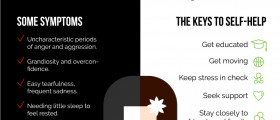

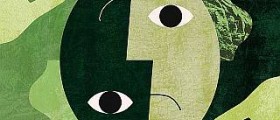

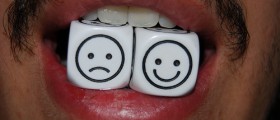
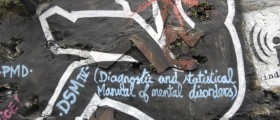






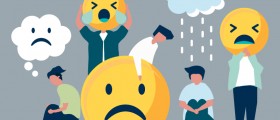
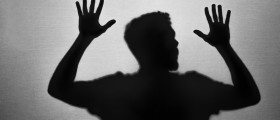
Your thoughts on this
Loading...